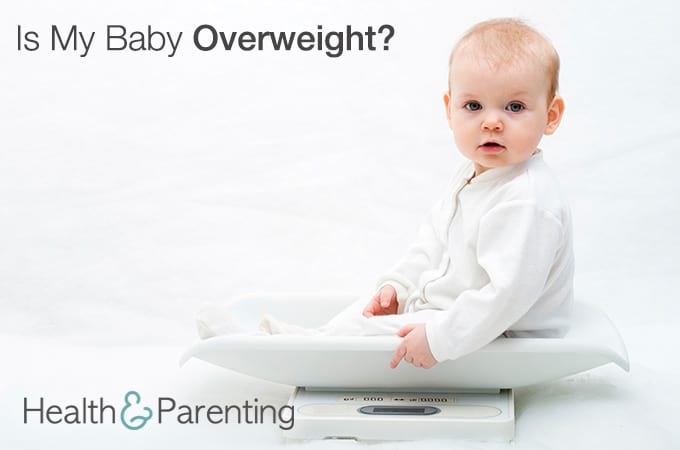Most women find that they gain very little weight during the first trimester, in fact some women actually find they lose weight as a result of morning sickness and food aversions. By the end of your pregnancy, you may be up to 16kg (35lb) heavier than you were pre-pregnancy. It may sound a lot, but remember, not all of the extra pregnancy weight gain will be baby. In fact, your weight gain will be made up of the following components (and their average weights):
- baby 3-4kg (7-9lb)
- extra fat 2.5kg (5.5lb)
- water 2.5kg (5.5lb)
- extra blood and fluid 1.5kg (3lb)
- larger uterus 1kg (2lb)
- amniotic fluid 1kg (2lb)
- placenta 0.7kg (1.5lb)
- larger breasts 0.5kg (1lb)
Body Mass Index
The amount of weight you should gain during pregnancy, is dependent on your Body Mass Index (BMI). At the start of your pregnancy, your healthcare provider will take your height and weight, and use this information to calculate your BMI.
If you have a normal BMI (between 19 and 24), you should be aiming to gain between 11 and 16kg (or 25 to 35lb) by the end of the pregnancy. If you are carrying twins, you should expect to gain between 16 and 20kg (35 to 44lb). If you are considered to be overweight (with a BMI of 24.5 and over), you should gain between 7 and 11kg (or 15 to 25lb) by the time you give birth. If you are obese at the start of the pregnancy (with a BMI of 30 or more), you should try to limit your weight gain to between 5 to 9kg (11 to 20lb). If you are underweight at the start of the pregnancy (with a BMI of less than 19), you will be advised to gain between 13 and 18kgs (28 to 40lb) during the pregnancy.
If you are a healthy weight at the start of your pregnancy, you should expect to gain no more than 2.2.kg (5lb) during the first trimester, between 5.5-9kg (12-19lb) in the second trimester, and up to a further 3.5-5kg (8-11lb) in the third trimester.
Calorie intake
During the first few months of pregnancy, there is no need to increase your calorie intake. You can continue to eat around 2,000 calories a day. During this time, you may like to reassess your diet to ensure you are eating enough fresh fruit and vegetables, and limiting your intake of sugary or processed foods.
By the time you enter your third trimester, you should be eating an extra 200 calories a day to sustain your developing baby. The last few weeks of pregnancy is when the baby starts to pile on the pounds, so you will need to eat more to allow this. Two hundred calories a day equates to a banana and a glass of milk, or two slices of buttered wholemeal toast.
Eat a balanced diet
One of the most important steps you can take to ensure you have a healthy pregnancy, and to give your baby the best start in life, is to eat a healthy balanced diet. Make sure you are eating a variety of fresh fruit and vegetables throughout the day, whilst also eating wholegrain carbohydrates and plenty of protein.
Written by Fiona (@Fiona_Peacock), mother, writer and lover of all things baby related.
This information is not intended to replace the advice of a trained medical doctor. Health & Parenting Ltd disclaims any liability for the decisions you make based on this information, which is provided to you on a general information basis only and not as a substitute for personalized medical advice. All contents copyright © Health & Parenting Ltd 2017. All rights reserved.











